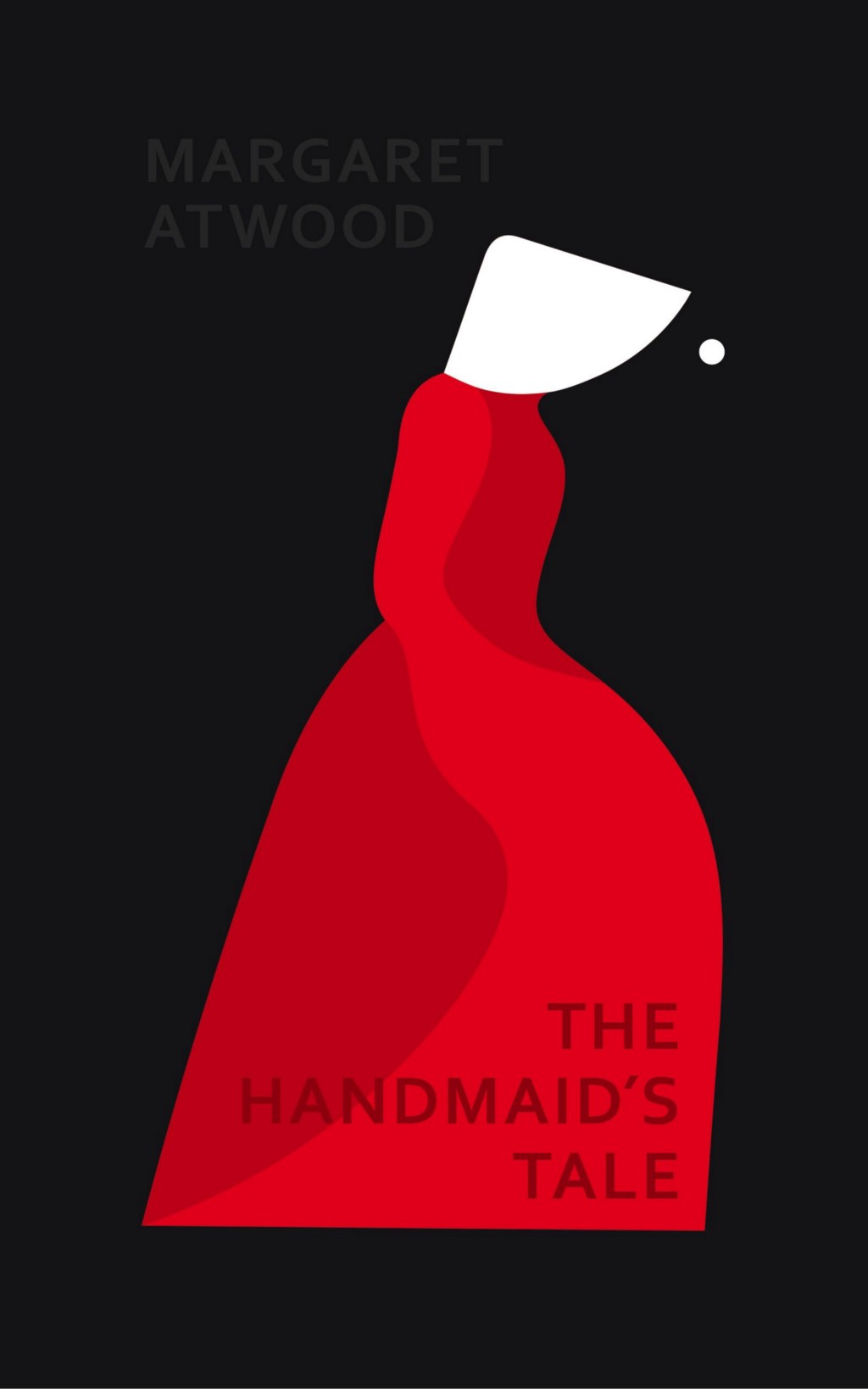“There is more than one kind of freedom,” said Aunt Lydia.
“Freedom to and freedom from.”
“In the days of anarchy, it was freedom to.”
”Now you are being given freedom from. Don’t underrate it.”
― Margaret Atwood, The Handmaid’s Tale

It seems bizarre, almost illogical.
Surely freedom of choice is a liberty to be cherished; why would one ever choose to relinquish such a precious right? What possible argument could there be for taking it away?
Yet some think your freedom of sexual expression is dangerous.
Filthy, deviant and corrupting.
That your interests are disgusting and shameful.
Politicians and internet companies have begun to suppress content they have unilaterally declared unsuitable. But subtly, of course. Your loss of ‘freedom to’ is presented as a positive, for your own good and protection. As we all continue to be watched over by machines of loving grace.
Perhaps you really will be safer in the Disneyesque walled garden, less likely to be shocked, offended, or harassed. After all, in Margaret Atwood’s brilliant parable, red-gowned maids can walk the streets in assured safety, precious assets protected by the threat of savage reprisals. Such repressive societies have existed before in what we smugly call the ‘civilised world,’ and will exist again. Is that a Faustian bargain you’d be prepared to accept?
Because our society is not as free thinking as it likes to think it is. And internet companies, being virtual monopolies, have an innate moral conservativism. That you can think whatever you like, as long as it comes from menu of approved, unthreatening, monetisable thoughts.
Why are those who run the digital forums on which we congregate so prudish? Why is consensual adult sexuality considered so negative, so harmful, that it needs to be suppressed and hidden?
The censorship recently announced by Tumblr, and already pursued by other social networks like Facebook, is merely a symptom of a wider trend. A tendency towards control motivated by moral conservatism. Free-thinkers built the internet, but as it grew and became more pervasive and commercialised, we became complacent.
Politics is an expression of morality and ethics, the kind of society we build and the behaviour we tolerate. Perhaps the lifting of sexual taboos is a step too far for many; they fear the consequences of open sexual relationships and the erosion of the fairytale nuclear family.
You might remember that in that other great dystopian novel, Nineteen Eighty-Four, the Junior Anti-Sex League pushed the Party doctrine that sexual intercourse was inherently disruptive and dangerous, and should be banned.
Over 250 years ago, Benjamin Franklin gave his own wise counsel on this moral compromise, in one of his most famous aphorisms:
Those who would give up essential Liberty, to purchase a little temporary Safety, deserve neither Liberty nor Safety.
Franklin grew up in a world shaped by Puritan Christianity. For him, the philosophy of Aunt Lydia wasn’t an abstract possibility, the Salem Witch Trails were still in living memory. Thinking too differently, especially if you were gay or promiscuous, might lead to the noose.
Such intolerance may seem like ancient history, but a new authoritarian populism driven by moral conservatism is rising, and its agenda is unashamedly freedom from. Be in no doubt, this is the precursor to fascism. The only difference is that fascists enforce their rules with physical violence.
It Can’t Happen Here, we like to tell ourselves. Until somehow, it does.
It might seem like an over-reaction, but I never took the Culture War seriously until 2016. Now I wonder how I ever could have been so blind.
The censorship of sexuality might sound trivial compared with the big global challenges humanity currently faces, but as British lawyer Myles Jackman put it: “pornography is the canary in the coalmine of free speech.” It is symptomatic of an increasing desire by the powerful to monitor, intervene and control. Be aware of it, because it doesn’t take long for today’s principles to be enshrined as tomorrow’s policies.
So here’s a few principles that I believe in, ones I believe are worth defending and arguing for:
I believe sexual expression is healthy, not deviant.
I believe in freedom of choice, of expression, and thought.
I believe the flame of free-thinking must be kept alight.
I believe in freedom to.
